One of mankind’s oldest enemies is also one of the smallest, sickness and disease, most often caused by microscopic bacteria and viruses. These tiny creatures don’t really attack us, per se. They don’t even know we exist. They merely look for an environment in which they can thrive and multiply. Unfortunately, one of the best environments for them is often inside the human body, where their mere presence causes sickness in our body. The actual symptoms of the sickness can vary; but it is all to our detriment.asdasdasd
Sickness can be serious at any time; but when you are operating in survival mode, even simple sickness can become deadly. In that survival situation you’re not only dealing with the impact that the sickness has on your body, but how it debilitates you, impeding your ability to do the things you need to, in order to survive.
On top of that, even a slight fever, raising your body temperature by no more than a degree, impedes your mental processes. So, you won’t have the mental clarity to think through what you need to do in order to survive or easily recall all the knowledge you have studied to learn. I’m not saying that you won’t be able to remember anything; but you’ll have to concentrate to do so, rather than easily calling it to your mind. Just that will slow down everything you have to do, over and above how your body will be slowed down.
The great western author, Louis L’Amour has written a number of scenes into his books, where the hero is deep in the wilderness, injured, and struggling to survive his injuries. While they invariably manage to survive, it is always a very dramatic scene, with the hero struggling to do even the most basic survival tasks, with low energy, loss of coordination and unclear thought. The author has captured well what this would be like for one of us, should we find ourselves sick or injured, alone in the wilderness.
Even survival at home, bugging in, would be challenging if one were sick, although not as challenging as out in the wilderness. Survival is a very physical task and the lack of strength and energy that comes with most sickness, would make it difficult to do the most simply tasks, like hauling in firewood and water.
Get Yourself Healthy
Your overall health is important here. The healthier you are, the better your body can resist illness. But if you are dealing with underlying conditions that don’t put you at your peak of healthiness, then your body becomes much more susceptible to invasion by bacteria and viruses. It’s not that they can get in any easier, but that your body can’t deal with them when they do.
Much of this isn’t about having infections already in your body, but your body’s operations being impeded by conditions that are less than optimal. Common diseases, such as high blood pressure and diabetes, are associated with weight and diet. Losing weight and improving one’s diet can go a long way to protecting your body from these conditions. Yet we live in a time and in a society where we expect doctors to fix that all with medicine, rather than taking care of ourselves. But those doctors aren’t going to have all those medicines to help us in the wake of a major disaster.
Simply changing our diets and losing weight can go a long way towards improving our overall health. That’s not something we want to start when the disaster comes. We’re much better off doing it now, so that we’ll be healthy then.
If there’s something you need to have dealt with, but have been putting it off, quit putting it off. None of us know when a disaster might come, so we don’t know how much time we have, to take care of those things. Doing it now at least ensures that we can get it done.
Avoid Being a Lone Wolf
A lone wolf is much more likely to succumb to sickness in a survival situation, simply because they don’t have anyone to take care of them or protect them while they heal. Coming under any sort of attack, while you are already weakened by sickness, gives the attacker an undue advantage.
But there are other parts of this too. It may not be easy or even possible to change bandages on your own wounds. What do you do then? How do you make sure they aren’t getting infected? There are just too many things that can happen, which are outside of our control. If you become delirious or unconscious, you can’t do even the smallest things to ensure your own survival.
Protect Yourself from Infection
Fortunately for us all, we’ve recently received real-life lessons in protecting ourselves from infection. If nothing else good came out of the COVID-19 pandemic, at least this did. While I know there are a lot of us who feel the government did a poor job of informing us, and think that much of the information they passed out was invalid; the truth is that some good information got out. Specifically, information about maintaining distance from others, disinfecting our hands often, and avoiding touching our faces.
On the issue of masks, there was a lot of poor information that got out. Wearing a mask, of the N-95 type that was touted, won’t keep anyone from getting sick. The person who needs to be wearing the mask is the one who is already sick. If they wear a mask, it reduces the possibility of infecting others by about 93%. If a healthy person wears it, it only reduces the risk of infection by about 3%.
Clearly, the trick to staying free from infection, is to avoid those who are infected. The idea of diseases being airborne is a false one. At least, they aren’t airborne for more than a few feet. The only way that viruses travel through the air is via droplets that people sneeze or cough out. If we avoid the range those droplets can travel (14 feet being the longest number I ever heard – unverified), then we can’t get the disease via “airborne transmission.”
However, there’s more that can happen with those droplets. They can land on surfaces, infecting them for some time. How long that time is will depend on the material of the surface and the specific virus itself. Going back to the example of COVID, the virus can last as much as two days on hard surfaces, if left there undisturbed (meaning nobody has cleaned the surface). This is something that the CDC quantifies for all sorts of disease pathogens. The flu, which is much more common, lasts from 24 to 48 hours on the same hard surfaces.
The reason this is important, is that if we touch those surfaces and then touch our face with the same hand, there’s a risk of transferring the virus to our face. Considering that the majority of the body’s openings are in the face, that gives those viruses easy access to our bodies. Rubbing one’s eyes with an infected hand could introduce some disease into the body. Hence the admonition to not touch your face.
Be Prepared for Minor Illness
My intent here isn’t so much to talk about pandemics as common disease, such as the flu and the common cold; both of which are caused by viruses. Even so, the lessons from COVID apply, as that was a virus too. So, let’s go on to preparing for the flu.
First off, we need to understand that it is almost impossible to treat viral infections, like it is bacterial infections. Antibiotics don’t do a thing to kill viruses; they are developed to kill bacteria. There are only a few antiviral medicines that have been developed, and those are specific to treating certain viruses. Unlike antibiotics, antivirals can be used against just any viral infection. This is why so much emphasis is put on immunizations, which prepare the body by allowing its immune system to produce its own antivirals.
The cure for any virus is to let the body’s immune system kill the infection off. That is easier with some viral infections than it is with others. In the case of life-threatening infections, the medical community provides what is known as “supportive care” to try and help keep the body strong, improving its ability to fight off that infection.
For us, supportive care consists mostly of treating the symptoms. In other words, taking the typical over-the-counter medicines we all use: Benadryl, cough suppressants, decongestants, pain relievers, etc. Those aren’t going to make us any better; but it will make us feel better. It will also reduce the amount of energy our bodies have to expend, dealing with those symptoms. Ultimately, that will help our bodies fight with the infection.
A good supply of over-the-counter medicines needs to be part of our prepping stockpile. I’ve seen a lot of preppers who have one small carton filled with a few boxes of each type of medicine they use. I always ask the same question when I see that: “Just how long do you think that will last?” Few really understand what I’m asking, not really thinking that there will be no possibility of them restocking the medicines in that box.
As I already mentioned, antibiotics don’t help with viral diseases; but they do help with bacterial ones. The problem for us, is that we really don’t have any way to know what it is that we have. An upper-respiratory infection, the most common form of “cold” can be either a bacterial infection or a viral one. So, we need to treat it as both. That means taking the appropriate antibiotic, as well as doing what we can to treat a viral infection.
While there are no commercially available antivirals that I can point you to, there is at least one that I am aware of, garlic. This plant (actually a root) is amazing in that it is a natural antibiotic, antiviral, and antifungal. It is an important part of my normal health routine, as well as my survival medical plan. There are probably some other natural antivirals around; but I don’t know what they are. A little research and Doctor Google should make it easy to find those.








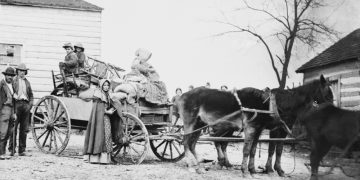




















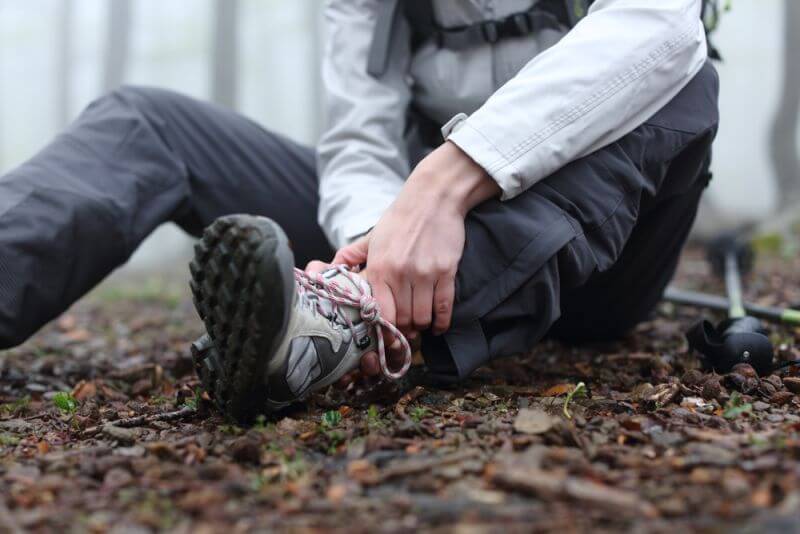

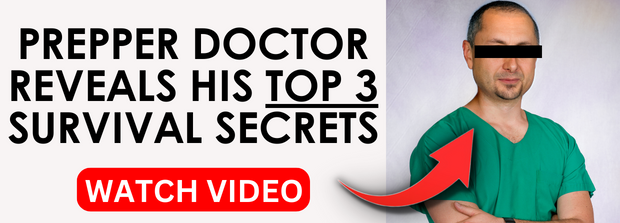
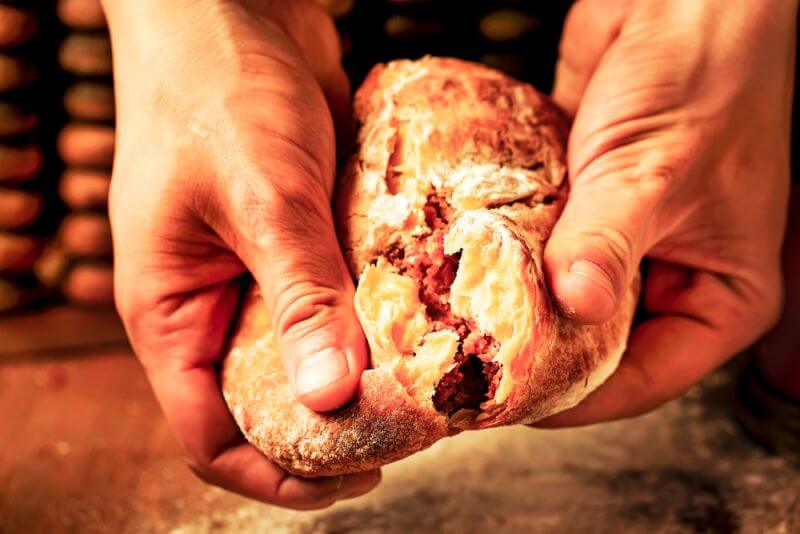


















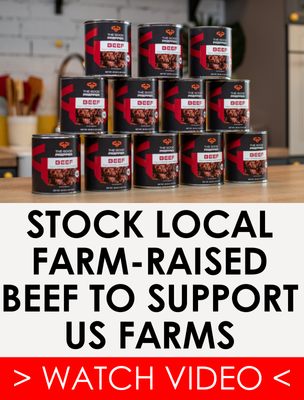
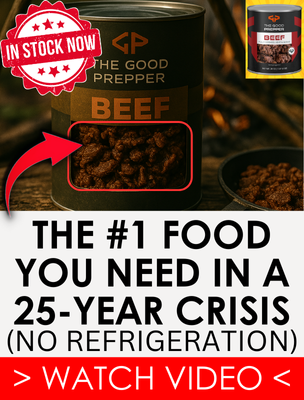

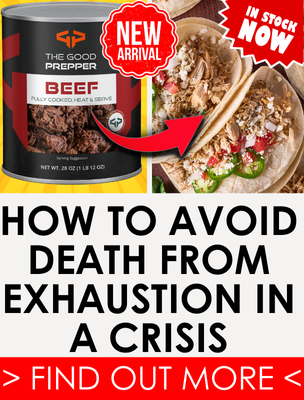


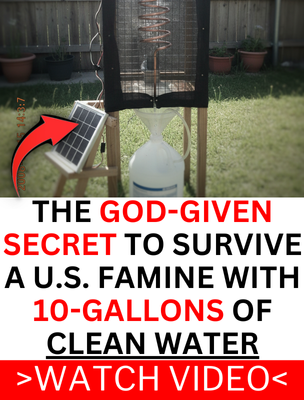



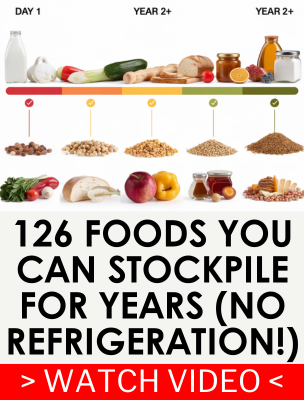
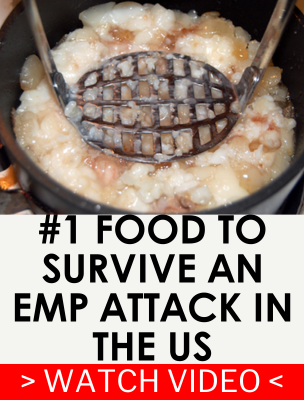
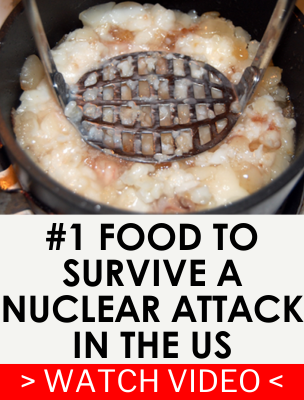
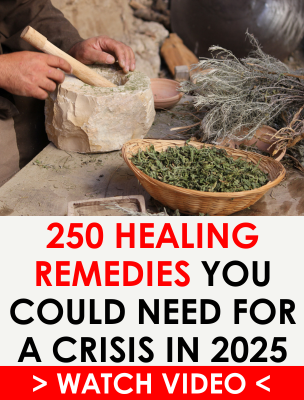
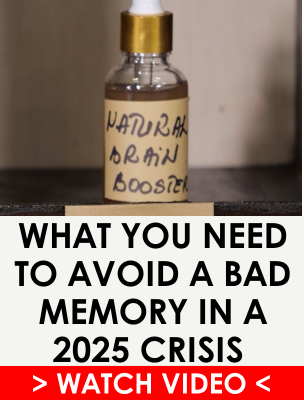
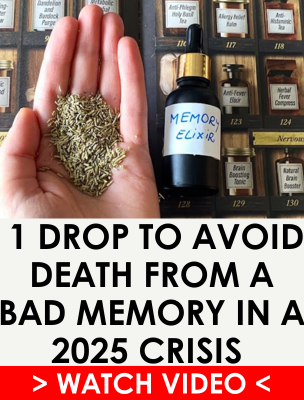


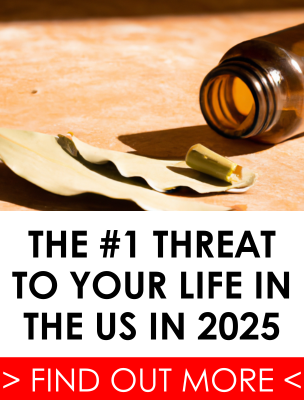
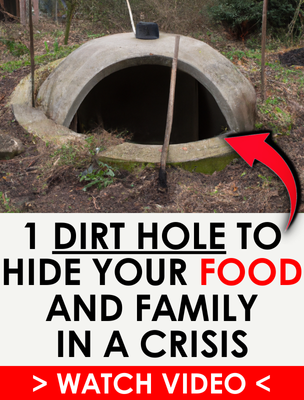
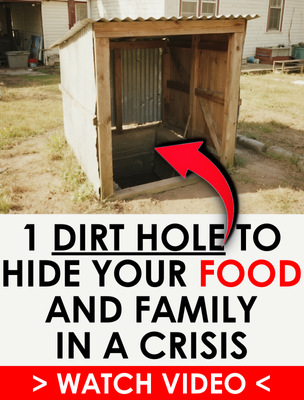
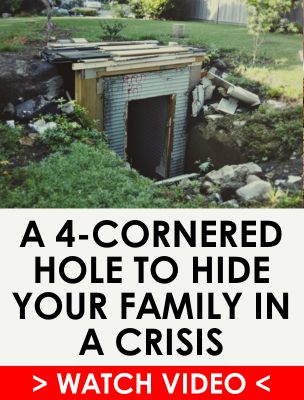

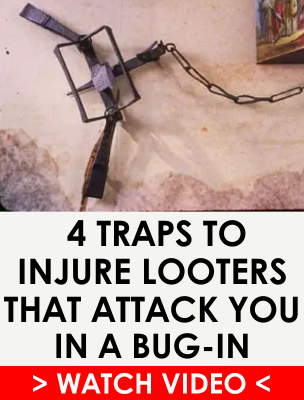
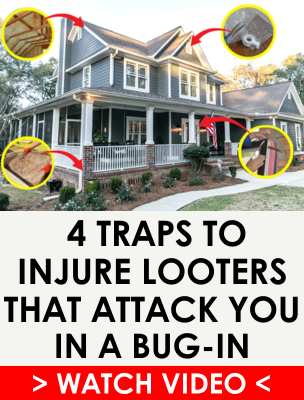
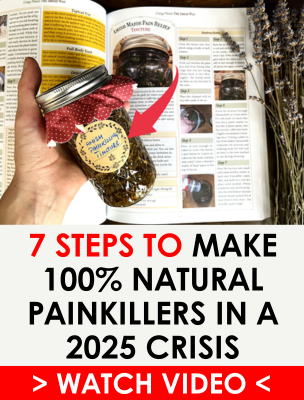
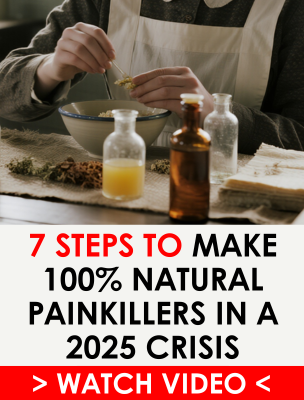
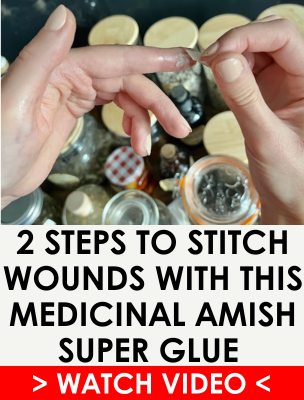
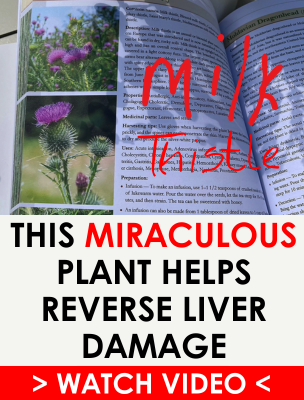
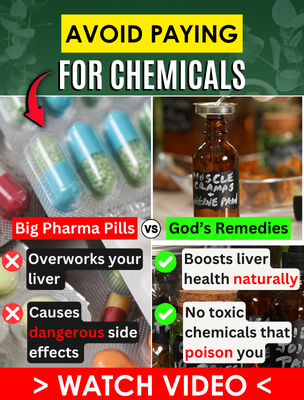
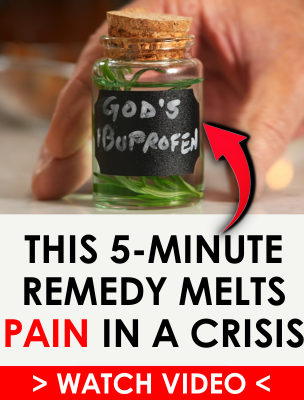
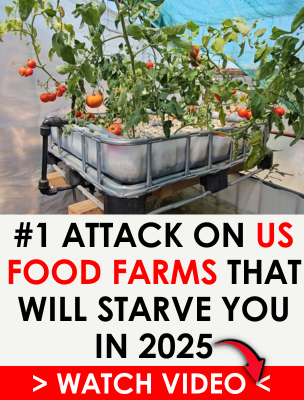
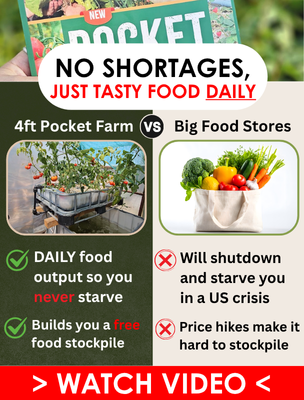


I have zero concern regarding colds and flu since my immune system is killer! The last time I had a cold was thirty-seven years ago. My greater sickness concern is I must continue all aspects of healthy living to maintain my excellent immune system and physical fitness, so extraordinary nutrition is significant both in everyday living and my preparedness. I do stock antibiotics though I’ll likely only need them as a valuable barter item. We live in crazy times with a crazed religion of forced biological warfare injections under guise of vaccination which will interfere with proper immune system functionality and multiple aspects of health. That is number one to avoid! Tiny microscopic enemies being bacteria, germs and viruses, though normally of no concern to me, I’m greatly concerned about it getting past my natural skin barrier by such disease vectors of fleas, chiggers, ticks and mosquitoes that injects the pathogens into the skin. Compounding the problem is chemical insecticides are poison to avoid particularly since it compromises the immune system, so this will be a tough preparedness challenge in the harsh times to come. Still in these good times (when preparedness is still a possibility), I allow mosquito bites rather than using insecticides, but disease is largely controlled while we still have a functioning society with doctors and medical professionals available. But, in the harsh times to come and with stress, violence, starvation and lots of death, diseases will be rampant. Staying away from population densities is my plan, but a challenge is avoiding disease vectors and still not allowing my immune system to be harmed by insecticide use. I stock it, but intend to avoid it. Perhaps shooting a deer for food means tarping it and releasing Pyrethin insecticide under the tarp and coming back when fleas and ticks are dead. Mosquitoes will be tougher to avoid without insecticides on me, so I have clothing and netting to wear. It might be a significant factor in any of my mobility preparedness to avoid hotter climates to not have to wear so much in the heat to avoid disease spread by mosquitoes. [email protected]
Regarding specifically this part:
“Coming under any sort of attack, while you are already weakened by sickness, gives the attacker an undue advantage.”
Good point on the virtues of having a team. Being weakened by any poor choice similarly will get you killed. Even walking a difficult path with a drop-off when you’re not at your best can get you killed by just one incident of a poorly placed next step or a slowed reaction time at the start of a fall. With that introduction to life and death choices, I counter way too common dangerous preparedness thinking, specifically the difference between thriving and surviving. A most common example is: “You can survive on 2,000 Calories a day.” Sure, you can on your couch watching television all day with the thermostat set at a comfy temperature. You technically “survive” to be nursed back to health and fed properly and with good nutrition to recover from that. But, that isn’t a challenging preparedness scenario. You will have dangerous situations that require you to have your wits about you with full reaction speed, senses and alertness. Compounding the reality of the harsh times to come, life won’t be easy. There will be difficult challenges requiring work and mobility and creating body heat in the cold and without the body going into subsistence mode shutting down health functions like recovery, repair and our very much needed immune system! Compromise any one of those aspects of healthy living and various functionality of body and mind is reduced such that circumstances cascade into death. Sure, technically you didn’t die from only 2,000 Calories per day, though it lead to death. That erroneous thinking is way to common. Combining with it is often the concept within groups of “rationing.” Knowledge of the stupidity of this, (really, we all know better and have the sense to know this is true), and being way into preparedness for decades, I’ve prepared to continue to eat 7,000 calories a day and likely more for tougher challenges requiring work and energy. I’m a bicycle racer. I need that for my fitness. Would I survive with muscles withering away? Technically possible, but it won’t be the “comfy couch” scenario in the harsh times to come. My athletic performance will likely be necessary for the cascade of deadly to be circumvented. Though, I applaud the thinking presented regarding the hazards of being a “lone wolf,” I will not be part of a “preparedness” community that have the stupid notions of confiscation of provisions, particularly mine, to ration food at 2,000 Calories per day. Aside from being erroneous and short sighted preparedness thinking, it reeks of communism and that doesn’t prosper. Question how such group thinking enforces confiscation, distribution and rationing! Answer: force and threats. No thanks! In sharp contrast, I’m of the character and nature of the “rugged individualism” that made our EXCEPTIONAL Nation free, prosperous and powerful! I’ll only join with those who appreciate similar principles. My lack of submission to being so controlled by force doesn’t mean that I’m not a of sharing nature. Quite the opposite, as I have a nature to be helpful and protective even putting myself at risk, but it’s my choice. It certainly doesn’t mean every member of a group must also have survival of the fittest advantages such as myself because I see the virtues of including even the weak and frail particularly when they have their particular advantages to add to a group such as a doctor, which has extremely high preparedness value, as just one example. [email protected]
I think I have mentioned this in the past, Colloidal Silver. It has been proven to kill all known bacteria and viruses. I read about it almost 20 years ago, read almost everything I could find about it. Liked what I read and bought a Colloidal Silver generator.. Since I got the generator I use the silver once daily, in the evening. I make the stuff at 15 ppm and spray one shot up each nostril and 5 shots in my mouth. I have doing this foe 15 years and have been cold and flu free. It is also great as a topical for us and the animals!
You give incredible misinformation About n 95 mask wearing And it is deadly. Is universal masking is the best And that is quality masking that seals to the face And it’s not counterfeit. By directly.
From dealers. Learn how to put it on because Often there are seal breaks From Is talking or moving et cetera period. The pandemic accountability index Has over five hundred articles on what covid nineteen is doing to virtually every organ in many people bodies even healthy asymptomatic who are major superspreaders. Reinfection is happening, leaving a lot of people with long COVID or dead.And they recently came out with an article showing that natural deaths are actually covid. Is higher risk for heart attack and stroke six months after infection period. Is the today’s show reported on 30% more death in people 24 to 44vl from covid which can infiltrate the brain and every organ in your body. Unless you are the few lucky w a genetic marker don’t think asymptomatic means you are free. You are destroying your immune system. Mask up now and protect your family. People have no choice but to quality 1 way mask and surgeons have done it years. It can work if you do it competently and if you aren’t competent at least reducing viral load can’t hurt. Virus stays in air a few hours without hvac and ventilation. Vaxx doesn’t prevent spread it stops serious illness hospitalization and death ins some high risk . Check About novavax which us not an mana ans many who get it find it gentle. Early in this ongoing pandemic it was fount to be broader based coverage ….covid is known as hiv like. It hits areas of body silent until it takes action like hiv, shingles etc. Studies show Grey matter brain weight reduction in formerly healthy. If you don’t know this info it’s because you don’t want to. Lots of quality studies 6 years in. Good luck. BTW if you can’t get an erection or have diabetes covid is catalyst to these too. And covid biggest killer of jlkixs w bird flu rearjng up. Stay safe or don’t complain when you bring it on yourself. I’m ready to quit this. What other bad advice is dispensed so confidently in these pages.
Vitamin C in large doses is also an anti-viral. The problem is that large doses are rough on the digestive system. One solution to this is liposomal Vitamin C. It is a lipid (fat) based compound that is absorbed directly into the bloodstream from the stomach and thus doesn’t affect the gut as straight vitamin C does.